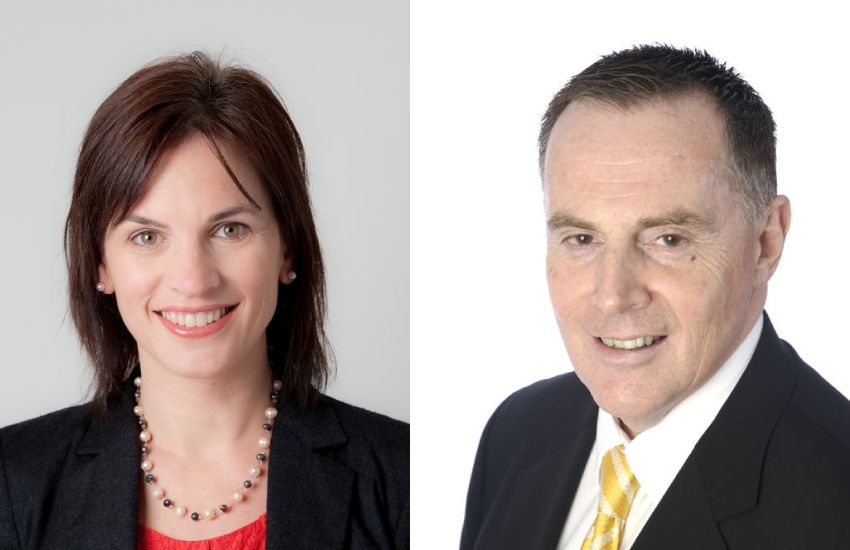New education rules mean $10k training, grads trumping partners
BusinessIncoming mandatory education requirements for accountants and advisers are creating a market where it’s easier for graduates to provide advice than accountants with postgraduate qualifications and decades of experience.

A host of new education requirements, set by the Financial Adviser Standards and Ethics Authority (FASEA) will be imposed on existing and new accountants and advisers who provide financial advice by 2024.
Accountants with decades of experience, typically those who entered the industry in the 1980s in a radically different regulatory environment, are finding they do not have tertiary qualifications which allow them access to transitional arrangements.
“Some of the most respected ones I know won’t meet these qualifications,” said Licensing For Accountants chief executive Kath Bowler, who consults with accounting and advice firms.
On the flipside, new accountants who can tailor their degrees to the new regulations will be appropriately qualified.
“The message and intention of getting appropriately qualified advisers in the market is getting lost in all this,” Ms Bowler told Accountants Daily.
Accounting-related degrees are listed as related degrees, not approved degrees, under the new standards. This means accountants eligible for the transitional arrangements will need to complete a bridging course of about three units of study to meet the new standards.
The units, which need to be at AQF8 level, will likely cost around $10,000 to complete, Ms Bowler estimates.
As it stands, there is also no distinction between accountants with a full or limited AFSL, meaning accountants providing basic SMSF set-up services will be required to complete this additional training.
For those with a limited AFSL, who plan to continue providing basic SMSF services, the additional units of study aren’t superannuation specific.
“SMSFs … are being treated like a specialisation, when in fact it’s the complete opposite for accountants who are providing basic services as a small portion of their work,” Ms Bowler said.
“And the education doesn’t even really cover super, that’s what it looks like at the moment.”
Further, FASEA’s guidance is yet to be finalised. A final position is expected around October, which is just three months out from January 2019, which is when an accountant needs to be licensed under an AFSL to qualify for transitional concessions.
“I think FASEA has very much flown under the radar of the accounting profession. Given the changes that are coming in January, that is very concerning,” Hayes Knight director Greg Hayes told Accountants Daily.
“We are certainly saying to accountants to think about if you want to be in the space, or if there are others in your firm who want to be in this space, and get them authorised or licensed by January.
“We don’t have a good reputation for being ahead of the game. You can’t wake up in December and say the deadline is coming up, what do I need to do? If you haven’t done anything quite some months before, you are going to be out in the cold.”



